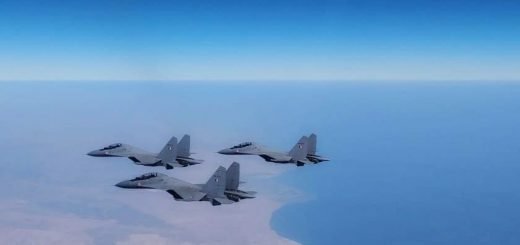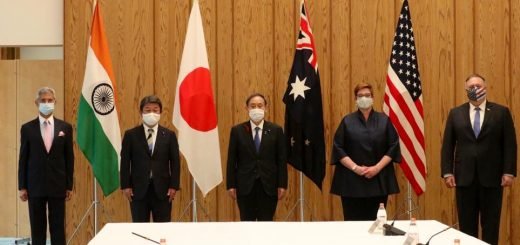India Emerges as the Vaccine Powerhouse
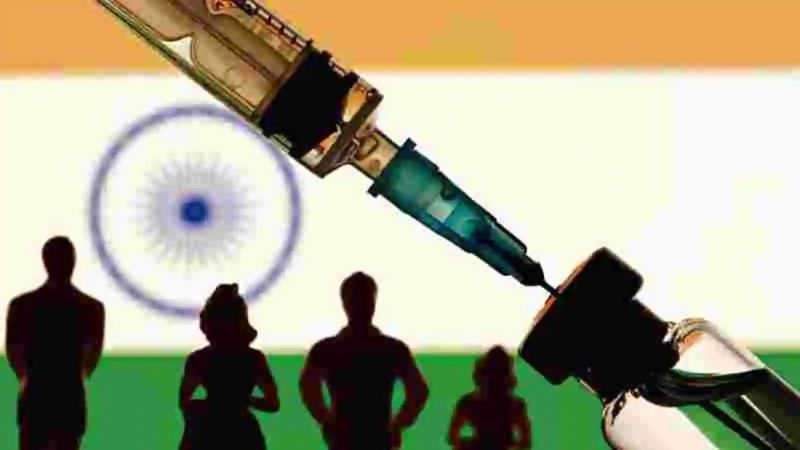
With the world’s biggest inoculation drives against COVID-19, manufacturing about 60% of vaccines globally and shipping millions of free doses to friendly neighbours in the region, in what is being described as “vaccine diplomacy”, India has emerged as a true vaccine powerhouse.
It is a pivotal time for the health ecosystem requiring vaccinating the world all at once. The world now needs more doses of COVID-19 vaccines than it has done for any other vaccine in history to inoculate enough people for global immunity. This implies establishment of innovative, cross-country, cross sector collaborations and partnerships based on shared purpose and values.
World’s Pharmacy
In commendation for its pandemic related medical response India overwhelmingly won the election to the United Nations Security Council (UNSC) for a non-permanent seat, last year. It is a known fact that Indian pharma companies supply around 20% of the worlds’ generics and 62% of its vaccines. In the 120 years since the first Indian pharma company was established in 1901 in Kolkata, the Indian pharma industry has been delivering cost-effective and high-quality generic drugs globally earning the epithet ‘pharmacy of the world.’ Generic drugs comprise the largest segment (71%); over-the-counter and patented drugs account for the remaining 21 and nine per cent, respectively. With the way India has been supplying COVID 19 vaccines to the world, it is on the sure path to becoming the vaccine hub of the world. India’s indigenous COVID-19 vaccine COVAXIN® by Bharat Biotech is developed in collaboration with the Indian Council of Medical Research (ICMR) – National Institute of Virology (NIV). It has been declared “safe, immunogenic with no serious side effects” by Lancet Infectious Diseases journal, which has published its phase 2 results. Serum Institute of India (SII), the world’s largest vaccines manufacturer, has the licence to manufacture AstraZaneca/Oxford’s Covishield vaccine which has been approved by the Indian government. The company is also in partnership with Novavax for the latter’s COVID-19 vaccine. The follow-up study showed durable antibody and T-cell response for three months post-vaccination. Both Covaxin and Covishield are currently approved for use in India. As of March 9, at least 20 million doses have been administered of the two vaccines during the national immunisation drive since January 16, 2021.
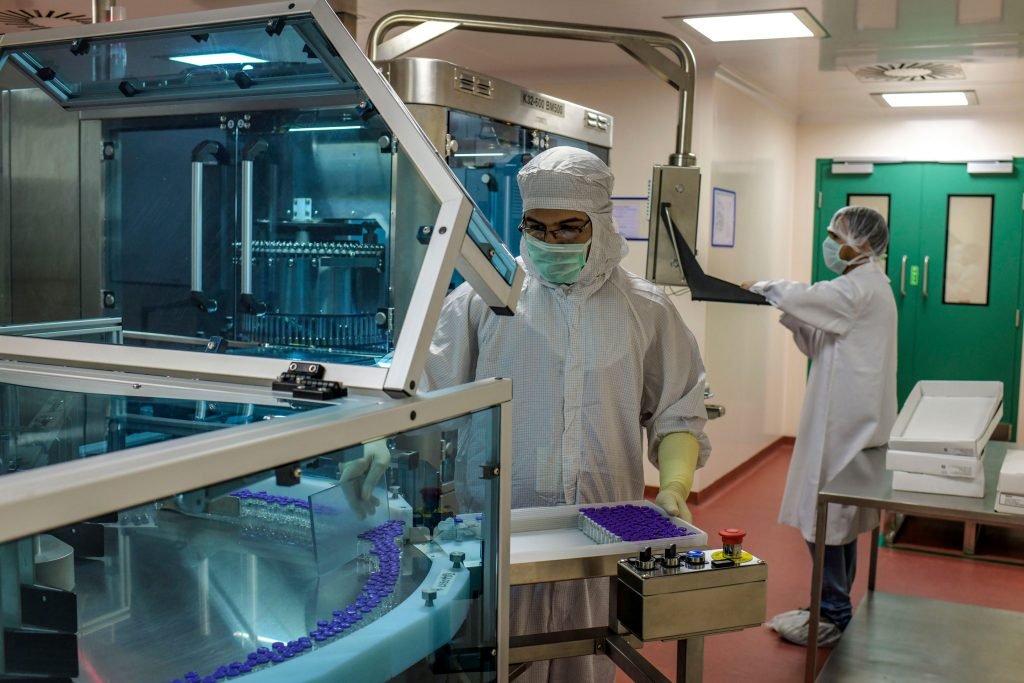
Massive Vaccine Export
As Indian vaccines show negligible side-effects, ninety-two countries have approached India for Covid-19 vaccines. Between mid-January and mid-February, India exported more than 1.6 crore doses to around 20 countries. Of this about 62.7 lakh doses or 37% were exported to friendly countries as gifts. Aside from receiving 20 lakh vaccine doses as a gift from India, Bangladesh has also purchased the most number of vaccines, around 50 lakh. India has gifted Myanmar with 15 lakh, Nepal with 10 lakh, Sri Lanka and Afghanistan with 5 lakh each, Bhutan with 1.5 lakh, Maldives, Mauritius, Bahrain, Oman and Barbados with 1 lakh each, Dominica with 70,000 and Seychelles with 50,000 vaccine doses. India has been supplying to Africa, Latin America, and other parts of the world. South Africa bought 10 lakh doses, while Kuwait and UAE bought 2 lakh each, followed by Egypt and Algeria with 50,000 each. In the first week of March vaccines manufactured in India for the global vaccine access programme COVAX reached Ghana, Cote d’Ivoire and Columbia. Brazilian government’s Fiocruz biomedical institute, sent a special plane to pick up Indian vaccines from Pune. Brazil has the second highest number of coronavirus cases in the world next only to the United States. The Bolivian government had also signed a contract with India’s Serum Institute for the supply of 5 million doses of AstraZeneca’s Covid-19 vaccine. Shanghai Cooperation Organisation Secretary-General Vladimir Norov has acknowledged India’s active role in aiding many countries, including the SCO member states, in the supply of medicines and essential drugs. India’s exports of the COVID-19 vaccine stood at around ₹ 338 crore till February 8, with FoB (free on board) value of about ₹ 125.4 crore and paid exports of 1.05 crore doses valued at about ₹ 213.32 crore.
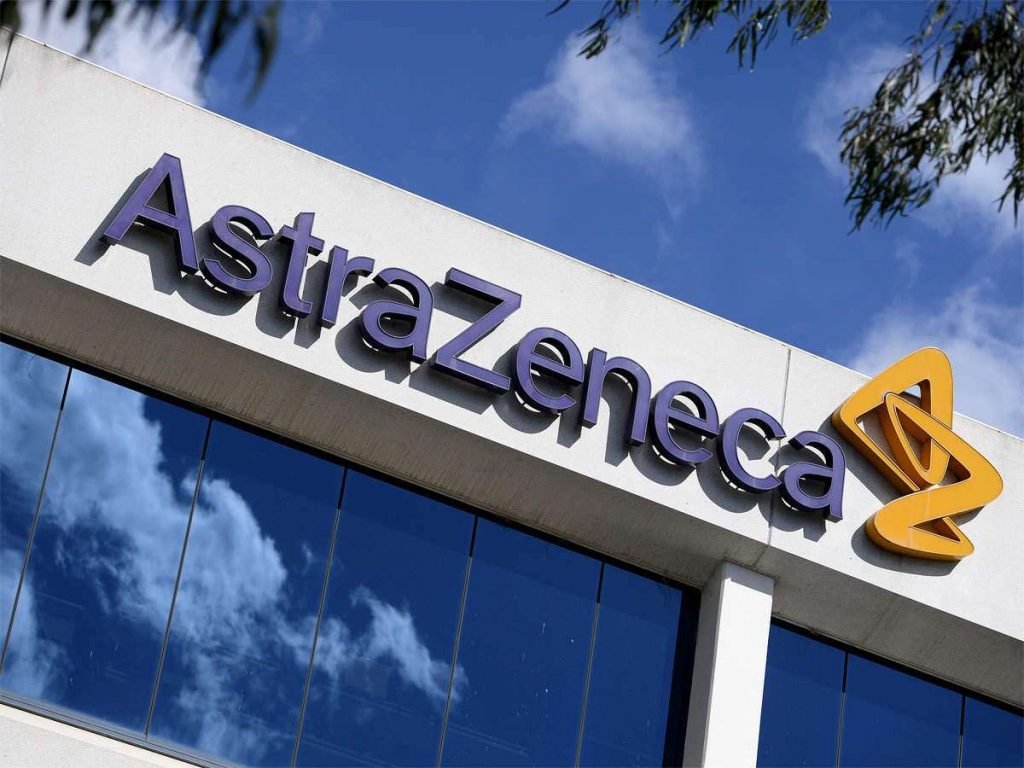
Creditable Challenger to Beijing’s Vaccine Diplomacy
Beijing has committed to provide at least 463 million doses of its home-made Covid-19 vaccines through exports and donations across the world from Asia to Africa, Europe, and Latin America. But considering that some nations, for instance Thailand are experiencing mixed results from the Chinese vaccine more countries are likely to approach India for the vaccine.
Brazilian officials were the first to reveal that the CoronaVac vaccine, developed in partnership with Sinovac Biotech Ltd was only 50.4% effective in preventing coronavirus case. Researchers from Brazil, the U.K., and the U.S., found that plasma from eight people vaccinated five months ago with CoronaVac “failed to efficiently neutralize” the new aggressive coronavirus strain from the Amazon called P.1. strain. As the efficacy of the Chinese Sinovac Biotech Covid-19 vaccine appears to be dropping dramatically, India might even have to supply doses to the PRC.
As Pakistan tries to source doses from all over the world, mostly through the World Health Organisation’ (WHO), Covax scheme, it is likely that most of its doses will be Indian manufactured. India could play a key role in ensuring that its neighbour is not starved of vaccines. pharmaceutical trade between both the nations has always been steady with nearly 60-70% of active ingredients and almost 90% of vaccines administered, in Pakistan, coming from India.
During a recent webinar titled “Covid-19: Vaccination and Potential Retuurn to Normalcy” organised by the Indo-American Chamber of Commerce of Greater Houstn (IACCGH)Dr Peter Hotez, the Dean of the National School of Tropical Medicine at Baylor College of Medicine (BCM) in Houston – pointed out that the effective (potent) yet economically priced vaccines produced in India’s setups are key to global recovery from the pandemic. The rollout of the Covid-19 vaccines by India in collaboration with leading global institutions has “rescued the world” from the deadly coronavirus and the contributions by the country must not be underestimated. The previous risk-averse regulatory environment has evolved and changed dramatically, building on the experience of healthcare organisations during the pandemic.
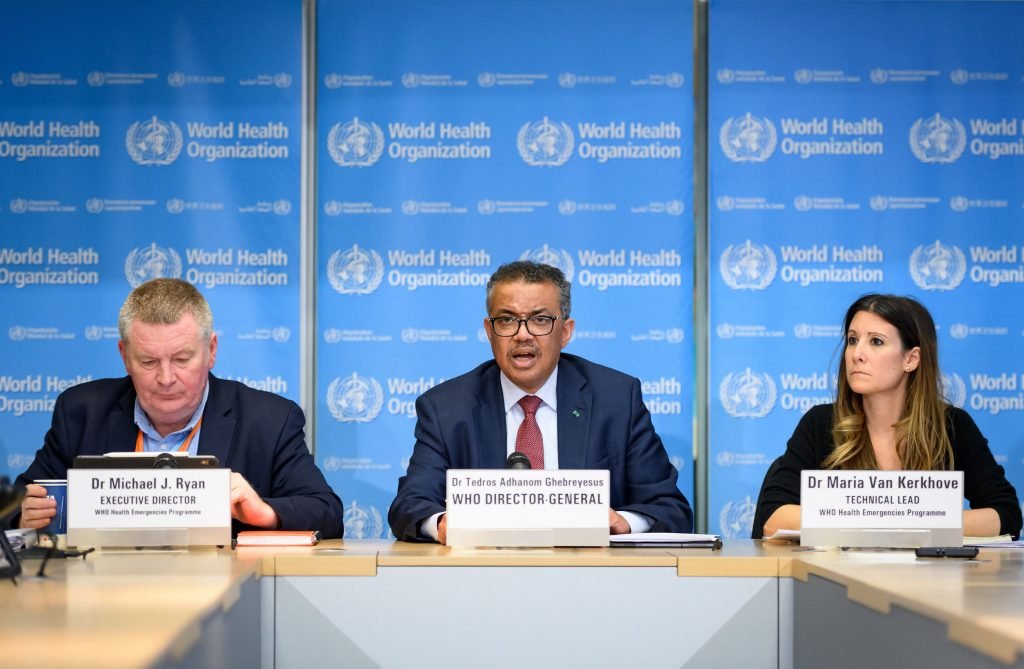
Challenges to Equitable Disbursement:
The COVID-19 pandemic is unlikely to end until there is global roll-out of vaccines that protect against severe disease and drive herd immunity. There are many challenges in the production and disbursement of coronavirus vaccine. Although several COVID-19 vaccines have now been authorised or approved for human use, with many more in the late stages of clinical development, to halt transmission of the virus, vaccines need to be produced at scale, priced affordably, allocated globally. The establishment and maintenance of a vaccine stockpile is complex and must take account of disease and vaccine characteristics, stockpile management, funding, and ethical concerns, such as equity.
The production of COVID-19 vaccines is hostage to the limited scale of global vaccine manufacturing capacity and the relationships established between lead developers and contract manufacturers. In case of India the availability of critical items from the US remains a major constraint. Serum Institute of India (SII) CEO Adar Poonawalla recently stated that the production of Covid-19 vaccines and scaling up global availability could be seriously limited due to ban on exports of critical raw materials by the United States. At the event organized by the World Bank he asserted, “We are talking about having a free global access to vaccines but if we can’t get the raw materials out of the US, which a lot of manufacturers, not just Novovax that needs, that’s going to be a serious limiting factor for other manufacturers to scale up.” Additionally, widespread technology transfer should be encouraged in order to enable the expansion of manufacturing capacity.
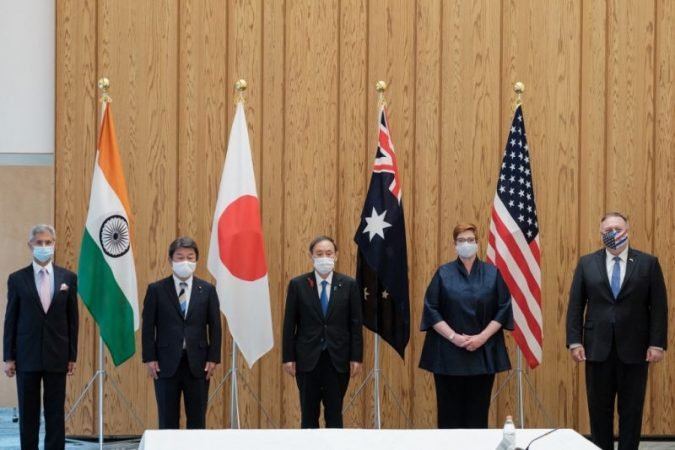
As entire populations need to be inoculated, vaccine pricing is another challenge, making them potentially unaffordable for many governments despite the low costs. There are fears that richer countries could hoard jabs at the expense of poorer ones. India has urged the United States, Japan and Australia to invest in its vaccine production. There is also need for regulatory harmonisation between organisations such as WHO and authorities of vaccine manufacturing countries that includes India.
In view of the grave Covid-19 challenge facing the world, the importance of vaccine equity by providing urgent and affordable access to vaccines across all nations cannot be stressed enough. In such a scenario India is emerging as the pharmacy of the world, taking on the challenge of the COVID-19 pandemic with its vast experience and deep knowledge in medicine and setting the tone for many regional and global initiatives.


